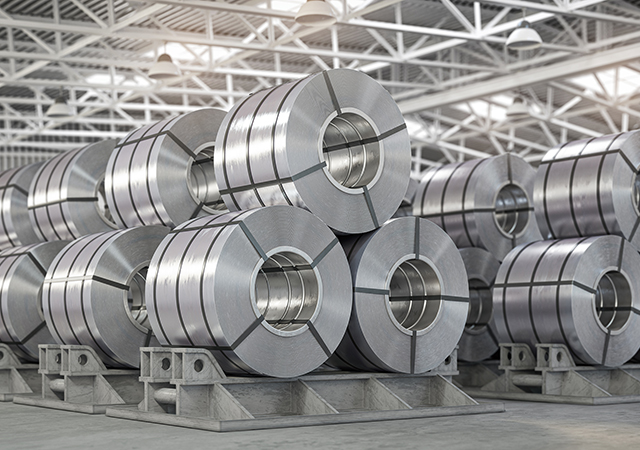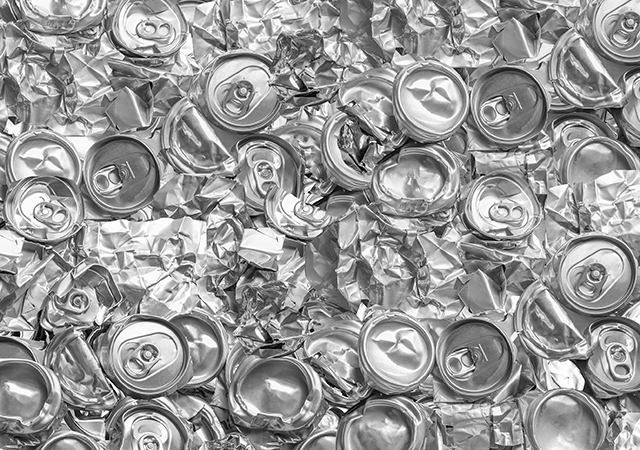

Sixty million tonnes of CO2e per annum could be saved through effective global recycling of used beverage cans by 2030, says a study by the International Aluminium Institute (IAI).
IAI commissioned Roland Berger to look into the current situation around aluminium can waste management and improvement levers in Australia, Cambodia, South Korea, Thailand, United Arab Emirates and Vietnam.
Together, these countries provide representative insights into can usage, collection, and processing across different countries and cultures.
The assessment also provides insight into the regional trade flows of used beverage cans (UBC) scrap in the Gulf and Asia Pacific regions – both major trading hubs.
The study identified that 60 million tonnes of CO2e per annum could be saved through effective global recycling of used beverage cans by 2030.
For each of the six countries, various aspects were analysed, including: Waste management and regulatory schemes; Collection infrastructure; Recycling and landfill rates; Volumes on market; Usage trends; Overall performance; Used beverage can trade; Material flows; Future recycling targets
The six countries fall into three broad categories:
* Countries dependent on informal aluminium can collection mechanisms (e.g. Thailand, Cambodia and Vietnam). They rely on a high number of informal workers. As cans generate revenue for the sector, these countries report high recovery rates.
* Developed systems (e.g. Australia, South Korea). These rely on complex waste management systems such as extended producer responsibility (EPR) and/or deposit return systems (DRS).
* Transitioning systems (e.g. UAE). Here the collection infrastructure is largely fully developed but does not include mandatory or well-functioning EPR, nor DRS systems.
The aluminium can continues to be the package of choice for the alcohol and soft drinks industries with global consumption expected to increase by 50 per cent between 2020 and 2030 (i.e., from 420 to 630 billion cans annually).
The study was co-funded by Emirates Global Aluminium, Crown Holdings, Australian Aluminium Council and Novelis.
The review involved stakeholder interviews, regulation reviews, market and value chain assessment, data collection and data models and baselining (volumes, rates, prices, etc.).
Meanwhile, the International Aluminium Institute and Mission Possible Partnership stress the essential role of keeping aluminium within recycling loops to support the International Energy Agency’s Net Zero by 2050 goal. Despite the fact that over 70% of aluminium beverage cans are recycled into new products today, this impressive figure falls short of making the complete contribution necessary for achieving the 1.5-degree target.
Leaders in the aluminium beverage can value chain are calling on national governments to commit to setting appropriate policies to achieve global aluminium beverage can recycling targets of at least 80% by 2030 and near 100% by 2050. They urge the following actions:
National governments/civil society actions:
* Establish national and/or state-level recycling targets for aluminium beverage cans.
* Formulate policies to help achieve these targets and enhance the quality of collected used beverage cans.
* Collect and publish data on aluminium beverage can recovery rates to monitor progress
Aluminium industry actions:
* Scale up existing recycling activities to recycle all cans put on the market.
* Track the global recycling rate.
* Support smart policies to improve aluminium beverage can collection and recycling.
* Prioritise can-to-can recycling and maximise the recycled content through optimised alloy
design and scrap purification.
